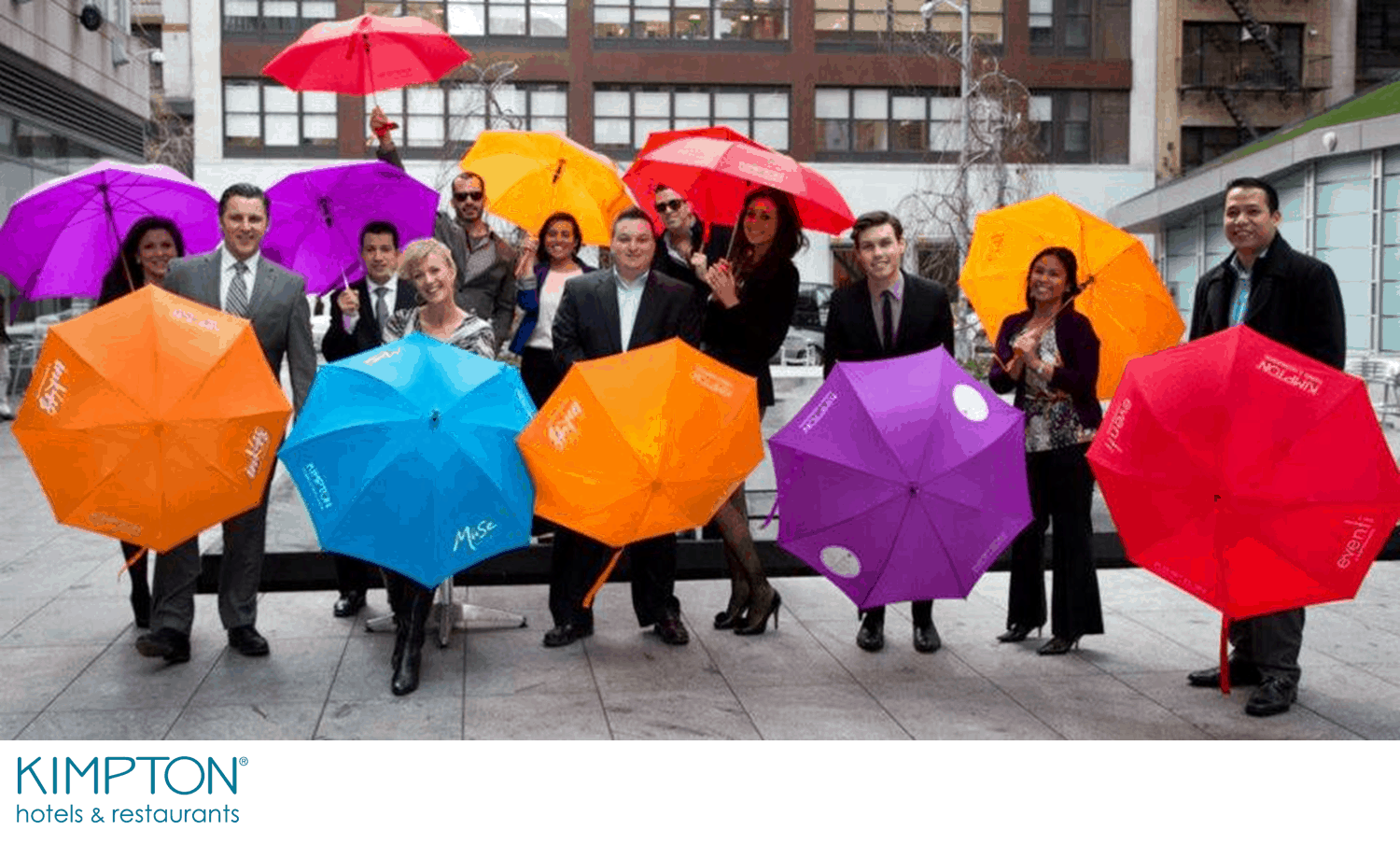I will be leading a session this Friday at #Imprint2014 in beautiful downtown Vancouver about Employer Branding & Social Media. Not only am I uber excited to be participating in this Sauder School of Business (my alma mater) student-run conference I’ll be talking about my favourite topic — the impact that social media has on employer brand strategy.
We know that organizations that have strong employer brand equity tend to be more successful in terms of productivity, market share, top and bottom line results, and so forth. After all, isn’t the core reason why organizations invest in employer branding to be more successful in their businesses? One would think so. The problem though, and I think this is the problem for many is that the relationship between employer branding and business success is not easily identifiable and measurable to most. What I mean is it’s not always crystal clear what the direct impact of employer branding initiatives and practices is on key business outcomes.
I literally just finished a brand spanking new presentation for this Friday, and it’s basically a mash-up of content that I have used during the past couple of years, and infusing new. Here is what I discovered as I embarked on the process to finish this presentation.
Discovery #1
It is critically important for organizations to have a full understanding of how the workplace is changing, and what it means to them. I’m talking about the speed of change, real-time and multi-directional communication, “the main office space”, where you work from on a day to day basis (at home, in a coffee shop, at a co-working space, at the airport, in the air, at the beach, wherever…), technology, diversity and work/life blending. These critical workplace changes are the reason why employer brand strategy is so important.
Discovery #2
An organization’s ability to deal with these workplace changes is positively correlated to the value of their employer brand equity. This is a bit of a mouthful but what it essentially means is the identified workplace changes are essentially what current and prospective employees want. It’s about “them” and what they value and care about, and not about “you”. If an organization has always offered a rich pension plan because… well… it always has since 1956 then does it still make sense to continue offering it? It may but it likely doesn’t. If your promise does not keep up with the times then your employer brand will suffer.
Discovery #3
The owners of your employer brand are not senior leaders, shareholders, advertising campaigns or text on websites. The owners are your current employees and your prospective employees. They own it because they define it. They define it because they’re interested in it. You can say whatever you want about the employer brand, but at the end of the day what you say does not matter if it does not align with what “they” are saying.
Discovery #4
What makes a product brand like Adidas so strong is identical to what makes a strong employer brand. That “thing” is how emotions play into decision-making. Yes, decision-making. People are moved to action through their emotions. Why do you love your favourite brands? Because you’re emotionally attached to them in some way. Same goes for organizations when it comes to desirable places to work.
Check out this employer brand video from Adidas — absolutely phenomenal as it taps into that emotional core that I am talking about.
Discovery #5
The most impactful channel to influence employer brand is social media and the web. This is a no-brainer but I don’t think people truly realize just how impactful it is. Let’s try a little exercise:
- Take a piece of paper and jot down your 3 favourite organizations.
- For each rank out of 10 (10 being awesome and 1 being horrible) how great they are as a place to work.
- For each check off those that you have worked for.
- For those organizations where you have not worked check off which ones you have experienced first-hand what it’s like to work there.
I did this exercise on a number of occasions at various speaking gigs during the past few years. I used organizations with strong employer brands such as Google, VMWare, Adidas and Coca Cola. What I learned was that the majority of people thought these organizations were great employers yet very few had ever worked for them or even experienced first-hand their corporate culture. This gap is a direct result of something, and that something is social media and the web.
Social media and the web is so powerful and so accessible, we take it for granted in terms of what it really does for employer brands. Not all organizations are the same, and what works for one may not work for another. Just look at the top global employer brands and what they do to build their employer brand equity using online means. You’ll see completely different strategies.



Comment? How about a whole Google+ Hangout with a few others to discuss your final thoughts. I think 3, 4, and 5 are highly connected. It is about knowing the DNA of the employer brand and conversations taking place on social media then becoming a part of those conversation. Much like marketing and consumer emotions in branding- meaningfully connecting with the inner desires and triggers of current and prospective employees is vital. These may be your final thoughts but the future of employer branding is exciting with much potential!
Hey Megan, thanks for your comment. I would absolutely love to do a Hangout to talk about employer brand strategy and the role social media plays in it.